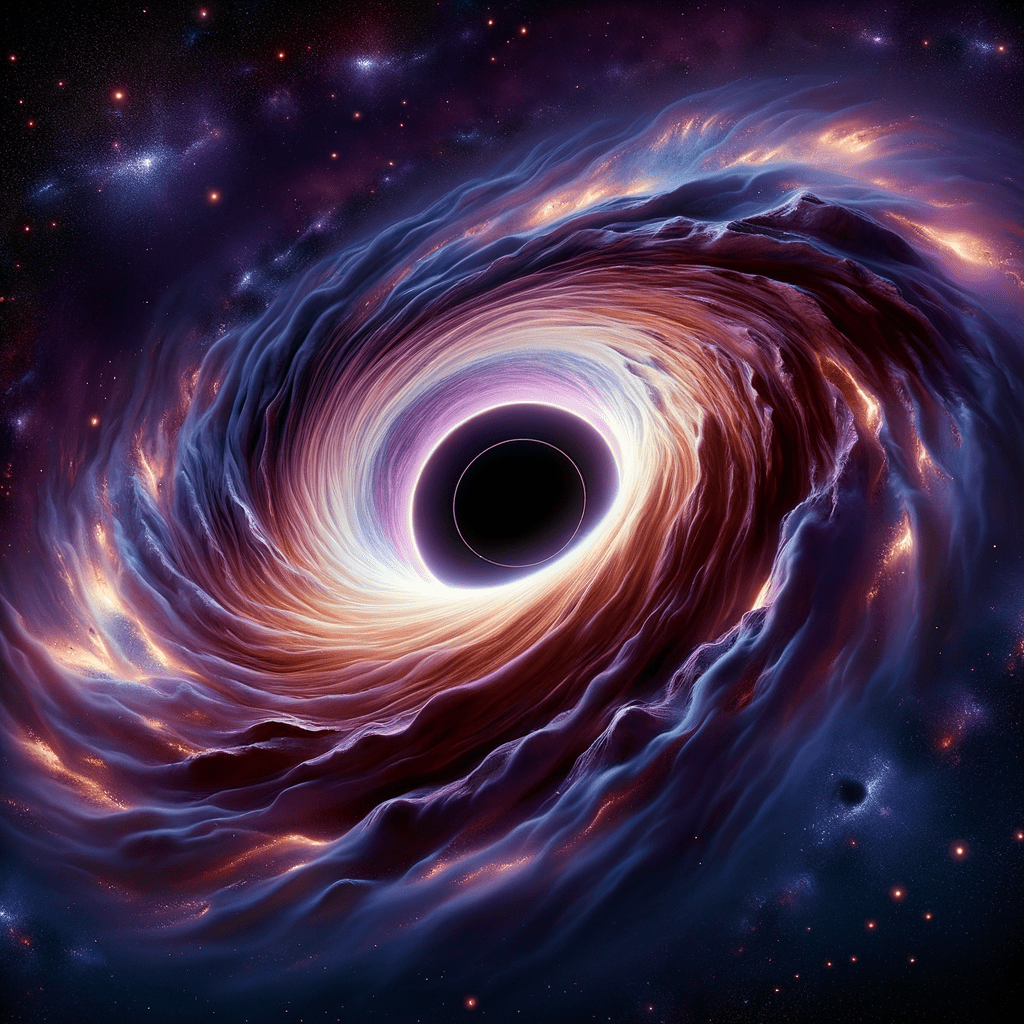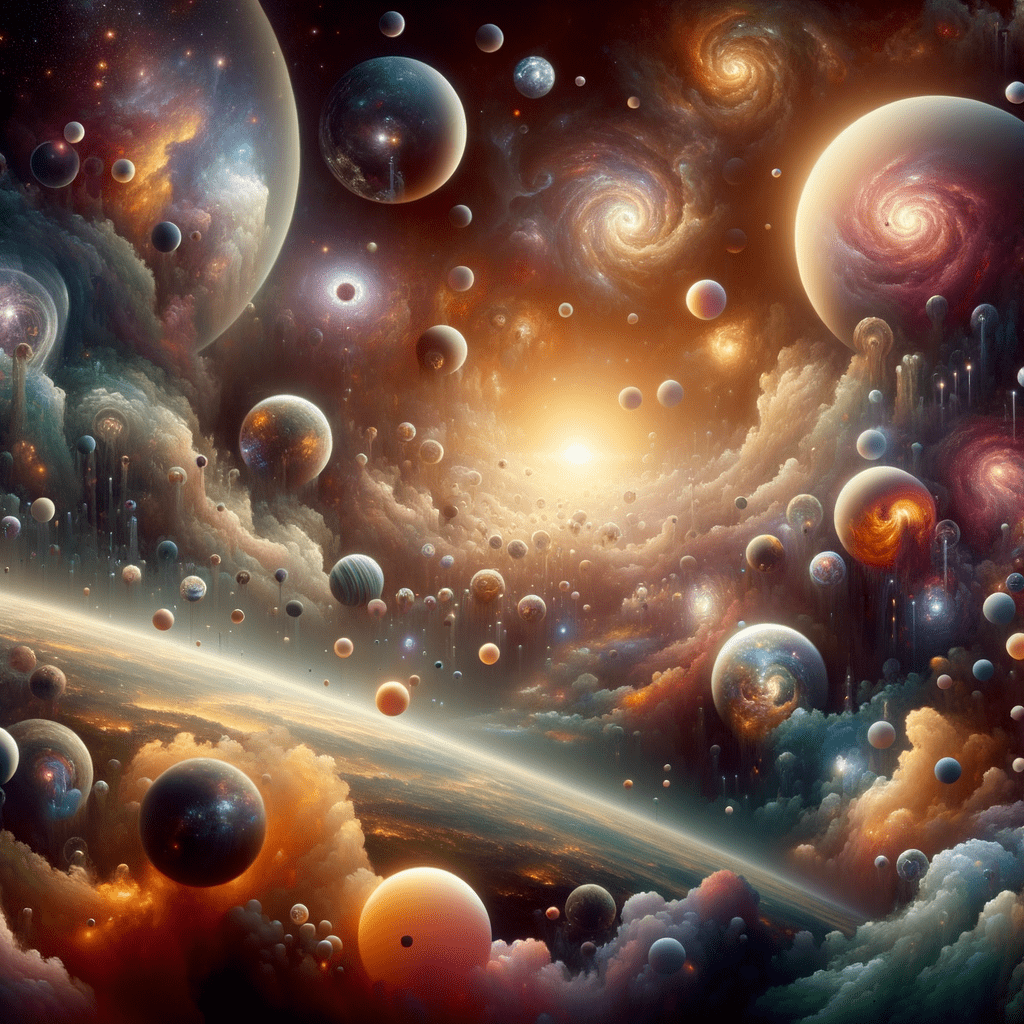You know, I’ve spent so many quiet nights just lying there thinking, staring at the ceiling, and one thing that never fails to whisk me away into a flurry of wild curiosity is black holes. There’s just something about them that creeps into your imagination and refuses to leave. I mean, talk about cosmic mystery! Black holes are like nature’s version of a sneaky sinkhole, just pulling everything into their dark abyss without warning. It’s this crazy blend of fascination and fear wrapped up in the tantalizing unknown that keeps our minds endlessly spinning. Just the thought of what’s actually lurking inside a black hole raises the hairs on the back of my neck and makes my eyebrows inch upwards. It’s a kind of mysterious deliciousness you can’t quite explain, like a puzzle begging to be solved.
I always imagine the universe’s greatest minds, like some eclectic detective league, poring over this enigma. You’ve got Einstein in one corner, probably scratching his head, and Hawking over there with that knowing grin, like he’s clued into secrets we’re barely starting to grasp. And somewhere in a library, scientists not yet born are leafing through the tomes of space theories, ready to scribble in the margins stuff so mind-bendingly new it makes your heart race. It’s a scene so epic, it’s like your favorite detective story, only the crime is in the sky.
Here’s what fascinates me about these cosmic labyrinths—they’re like the universe’s most silent librarians, guarding mysteries we can only dream of understanding. Imagine this: black holes, as far as I dare to wrap my human brain around, are spaces where gravity simply got too greedy. Its pull is so intense, even light doesn’t make the cut. The secrets within are still playing tag with some of the greatest brains in human history.
But let’s get real for a sec—dropping into a black hole isn’t just risky. It’s straight-up impossible. No spaceship, no matter how brave, can just pop in for a look-see, then bounce back to spill the tea. Nope, once you’re past that event horizon—the universe’s ultimate ‘no entry’ sign—you’re not coming back. Or at least, not as you were, which is a topic too complex for today’s musings.
The Sucker-Punch Gravity of Black Holes
If there’s one thing that leaves me gawking at black holes, it’s their insane gravity. It’s like gravity on steroids, times infinity—oops, not very scientific, sorry! But it’s true. Anything that drifts too close gets sucked in with no chance of escape. Picture the most mesmerizing whirlpool ever, but it’s so much more intense and… well, dark. This isn’t your average cosmic dance; it’s a theater of shadows where even light bows out.
And they’re not just sitting ducks in space, oh no. Black holes are growing, like some cosmic Pacman on a universal binge. A bizarre balloon of shadows expanding endlessly. Stars, matter, even the very fabric of space-time, these holes snack on all of it, like space’s own gourmet buffet.
Inside: The Enormity of Nothing (or Everything?)
And inside? Oh man, that’s where it gets even juicier. The inner workings of a black hole revolve around this enigmatic notion called a “singularity.” Doesn’t it sound elegant? But what it really means is a big question mark where known physics just taps out. It’s like the laws of the universe decided to have a wild party, leaving logic at the door.
Picture this place as an infinite point of density, where our Earthly understanding just flips on its head. It’s like trying to frame a dream in a picture—it just won’t stay still. For those of us philosophizing cozily from our Earthly perch, a singularity is like staring at a math problem that simply refuses to be solved. Oh, the brain tickles!
Some folks say it’s a single point. Others argue it’s more of a zone where everything we thought we knew about physics promptly goes out for a smoke break. It’s a place where the rules go bonkers, and imagination is the only free rein. Could it lead to another universe or be its own freaky realm? Fingers crossed for some multiverse action!
What Does Hawking Say?
Speaking of black holes without giving a nod to Hawking feels off, like pancakes sans syrup. His contributions are stellar—they really are—but when he talked about black hole thermodynamics, jaws dropped. Imagine he suggested black holes aren’t invincible black holes might actually be slowly losing mass due to something called “Hawking radiation.” They could just slowly fade away, like the universe’s own cosmic joke on permanence.
And the information? It’s not entirely lost, according to Hawking. Sure, it gets all scrambled up beyond recognition, swirled into radio waves or something, but the essence isn’t entirely gone. That’s kind of mind-blowing, right? Everything’s still there, hidden amidst the cosmic chatter.
Thoughts From An Armchair Philosopher
Visualize this: you snuggled up in the comfiest armchair, sipping on a mug of hot cocoa while gazing through a telescope. It’s from this delightful comfort zone that contemplating black holes feels equal parts humbling and liberating.
The charm in black holes lies in their mystery, I believe. For me, basking in this armchair universe, it’s the realization of just how much we don’t know yet. Black holes are the cosmos’s ultimate treasure chest—puzzles wrapped in enigmas, presenting us with a dare from the skies above. And who can resist a little cosmic mystery?
In each swirl and shadow of these vast space titans, there’s so much awe. Unveiling their secrets might call for intellects unshackled by current comprehension or even untapped minds brave enough to revisit the universe with fresh eyes. Until that day arrives, we wonder, we explore, and savor the thrill of knowing that questions, much like black holes themselves, are cosmic calls to adventure. Isn’t that just the grandest thing ever?



